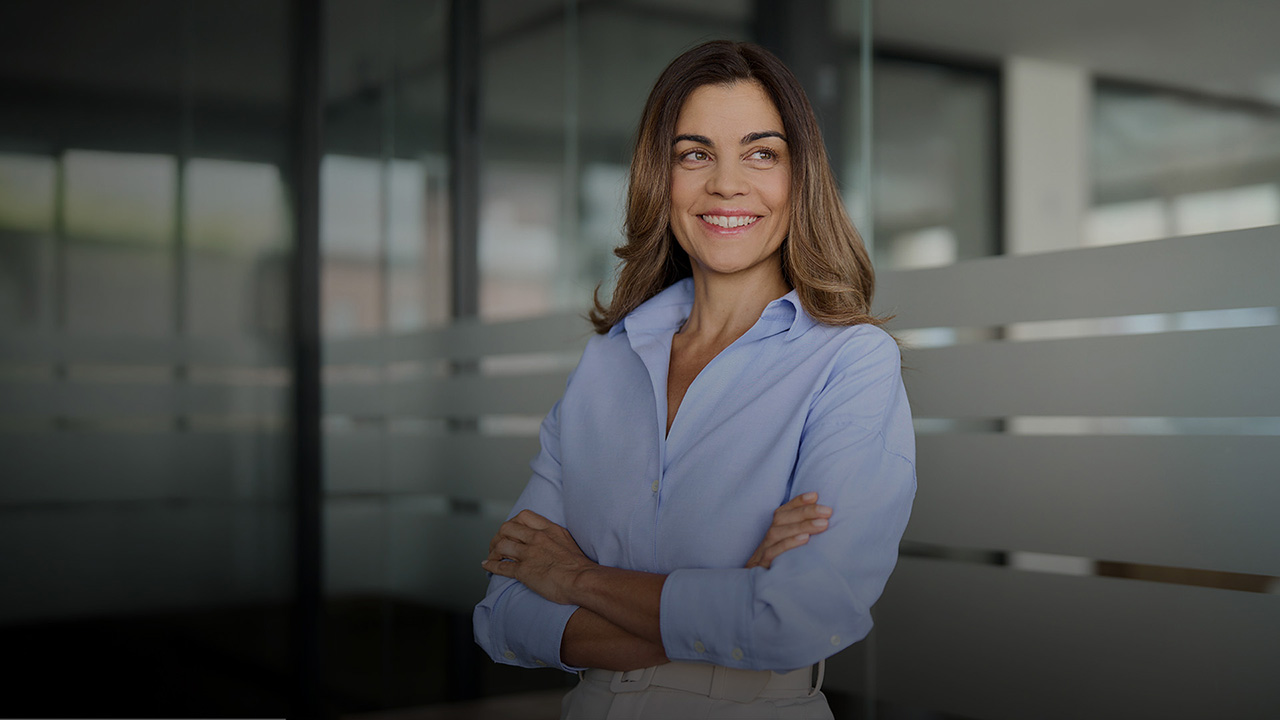It is a challenging time for our customers, and therefore it is a time to innovate for us – innovate our service offerings, innovate our delivery models and innovate our pricing models.
These are some of the questions that we are looking to address given the current challenges:
- How do we deal with our clients’ current demands and reduce the cost of the ongoing services?
- How do we respond to new RFPs on addressing long-term optimization?
- How can we help our customers to define and fund their transformation initiatives?
- How do we start execution in today’s environment – sales processes, solution discussions, and transitions – all of these, today, are very dependent on face-to-face interactions – how do we eliminate this dependency?
With these questions in mind, the smartest heads in Hexaware, across service lines and business units, joined together to see how we could innovate. The result, a consulting-led framework leading to cost optimization and its mission statement is “Automation-led Sustainable Cost Takeout.” There are three parts to this mission statement, and all are critical for the framework:
- Cost Takeout: No one is looking to increase their overall spend at such times – unless there is a cost-takeout, addressing the needs for future transformation is a non-starter.
- Automation-led: How can we pool in all our automation levers to address these initiatives quickly and correctly? Breaking silos across different departments and business units is the key.
- Sustainable: The measures proposed and delivered need to be long-term. We are not looking at a short-term rejigging of billing rates or a drop in utility costs. The immediate cost takeout needs to be permanent and have an incremental and positive long-term impact to the bottom line as well.
With this mission statement and some broad guidelines, the responsibility was passed along to all the Service Offering leads to define the specificities for their service areas. While the goal is still to go with a holistic view to our clients, we recognized that we may be stepping on other people’s toes. Therefore it was important not only to refine the framework of specific service offerings for the holistic view, but also to make a comprehensive sub-offering at the service level that could stand on its own and deliver a similar order of benefits.
With that background to this post, let us get into what we are doing specifically for Application Managed Services (AMS). A managed services program is probably the largest consumer of such a framework. This is where we are engaged (or in the process of engaging in the case of ongoing RFPs) in a multi-year engagement to manage and transform a broad set of the customer’s IT landscape (say application portfolios in case of AMS). Following are the things that we can do to take you to the next level: Just a note, some of these levers may be familiar, especially if you are engaged in an AMS program – we are looking at taking them to the next level:
- Onsite/ Offshore Arbitrage: Onsite-offshore mix is a traditional first-generation outsourcing lever, and it has been stuck at 20-80 or 10-90 for a long time now. We are looking at how this can change to 0-100.
- Vendor Consolidation: Working with multiple vendors is inefficient, and takes a toll on your contract management PMO team. How can you reduce your dependence on non-niche vendors and gain benefits out of it?
- Process Automation: Moving away from task automation, we will focus on end-to-end process automation opportunities and remove the “artificial” boundaries that limit automation abilities.
- Simplified Cloud Transformation: We can move you to the cloud seamlessly in just weeks to optimize your platform and infrastructure costs, and leverage the power of cloud services (read about our automated cloud replatforming enterprise product suite amaze® for applications). Now, you can rapidly move your core applications to the cloud while getting them cloud-ready at the same time.
- Modern Delivery Transformations: Moving to the cloud and adopting new delivery techniques needs a platform and methodology that extends beyond the standard agile approach. There needs to be a unification of processes and tools for enhanced customer experience (read about our Modern Delivery Platform).
- Optimization of Non-labor Elements: We analyze your non-labor spend and check the potential for optimization.
- Delivery Model Changes: Are you still stuck in effort-based models? See how we have defined different outcome-based models (one such model we have is Automation-as-a-Service) that go beyond fixed priced and SLA-driven managed services models.
- Pricing Model Changes: Tired of T&M model? We have commercial models like unit-based or pay-as-you-go.
With all these levers in play, how are we planning to engage with our clients – and the engagement here will be intensive and very collaborative? Given the current situation around no travel for our consultants, we went back and challenged our Transition experts (they are the ones who carry of large change management initiatives on a daily basis) to come up with a way to engage (and complete full AMS program transitions) with our stakeholders from remote locations – whether an employee is working from home in a different country or even if they are working in the same city as the client. We now have “Trans-X” our remote transition methodology backed with years of experience in completing large transitions and overarching governance frameworks remotely.
Remote transitions are not new. Usually, they were done as a measure for cost optimization, but now they have become a necessity. Earlier, we may have done transitions with a 95%-5% offshore-onsite ratio, and now we need to do it with a near 100%-0% ratio. Our “Trans-X” framework includes all that it takes for a smooth remote transition – like managing risks, resolving issues, and improving with learnings.
Our observation over the past few months is, many companies are looking internally for all these answers, and are also reaching out to their service providers for these – but most of the discussions with the service providers are about short-term reductions. We want to address the larger need, while at the same time catering to the short-term requests – We believe that we can significantly change the way you look at cost optimization.



















